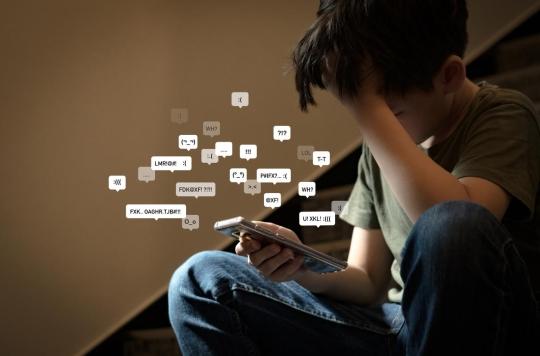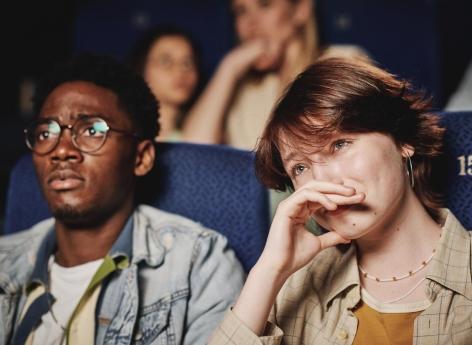American scientists have explored the link, in young people, between cyberbullying and empathy, this ability to feel the emotions of others.

- Cyberbullying is linked to a multitude of negative emotional, psychological, physiological and behavioral consequences.
- Cognitive empathy is associated with sensitivity to injustice.
“Bias-based cyberbullying involves repeated hurtful actions online that devalue or persecute a person because of their identity (for example, race, gender, or religion). If the subject has been the subject of a much attention over the past decade, little is known about its relationship to empathy.” This was reported by researchers from Florida Atlantic University (USA).
affective and cognitive empathy
In a study published in the journal The Journal of Early Adolescence, scientists analyzed the association between empathy (affective and cognitive) and cyberbullying. According to them, affective empathy is generally an automatic and unconscious reaction by which the emotions of others are felt and shared. As for cognitive empathy, it involves intentionally putting oneself in another person’s shoes to understand their mental state and emotions.
To carry out their work, the authors recruited 1,644 young people aged 12 to 15. They looked at general cyberbullying, origin-based cyberbullying, and religion-based cyberbullying.
A lower likelihood of cyberbullying
According to the results, more empathetic teens were significantly less likely to bully others in general, based on their ethnicity or religion. Simply put, the higher a young person’s empathy score, the less likely they are to bully others online. “When the two sub-facets of empathy are considered separately, only cognitive empathy is inversely related to cyberbullying, while (contrary to expectations) affective empathy is not,” can we read in the study.
Teach your child empathy
According to the team, parents need to help their children feel the emotions of others and put themselves in their shoes from an early age to prevent bias-based cyberbullying. “Based on our findings, we believe that schools also need to make more targeted efforts to help young people develop more empathy in order to reduce these forms of harm and better protect people from vulnerable and marginalized communities. “, said Sameer Hinduja, lead author of the research, in a statement.

















